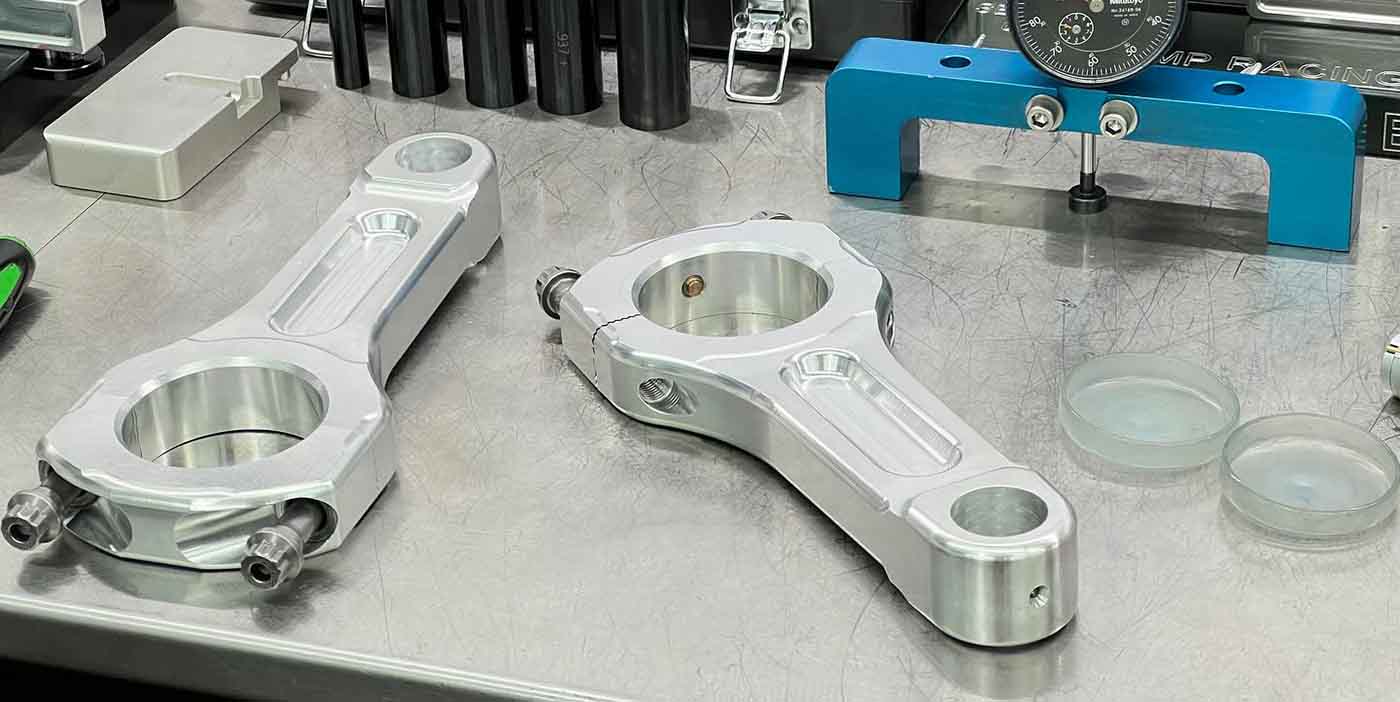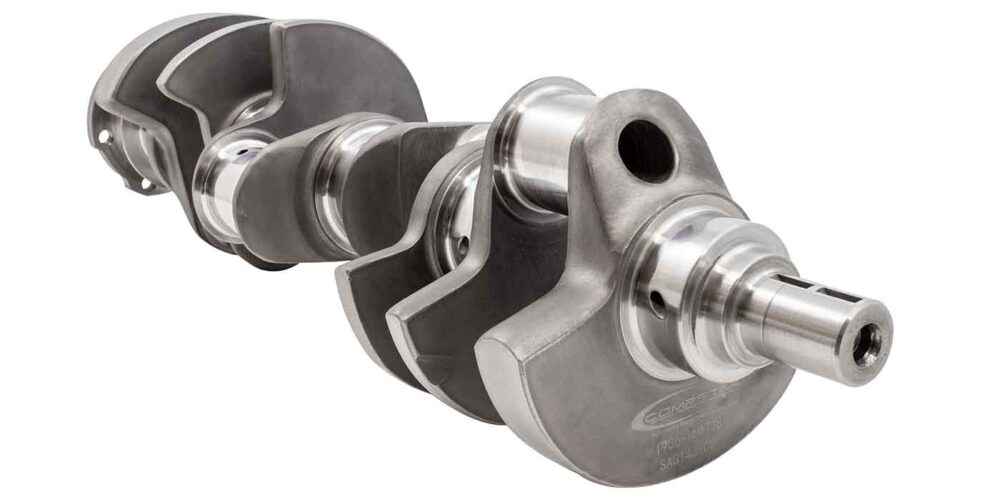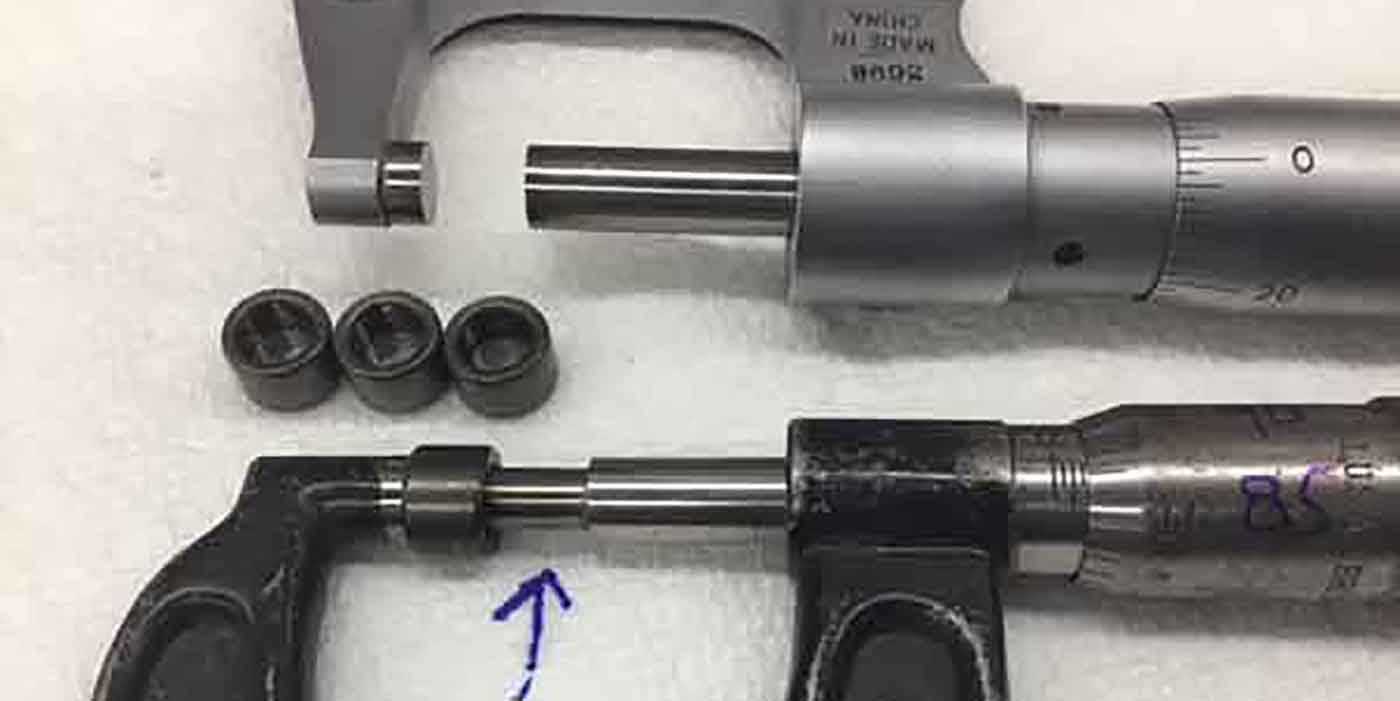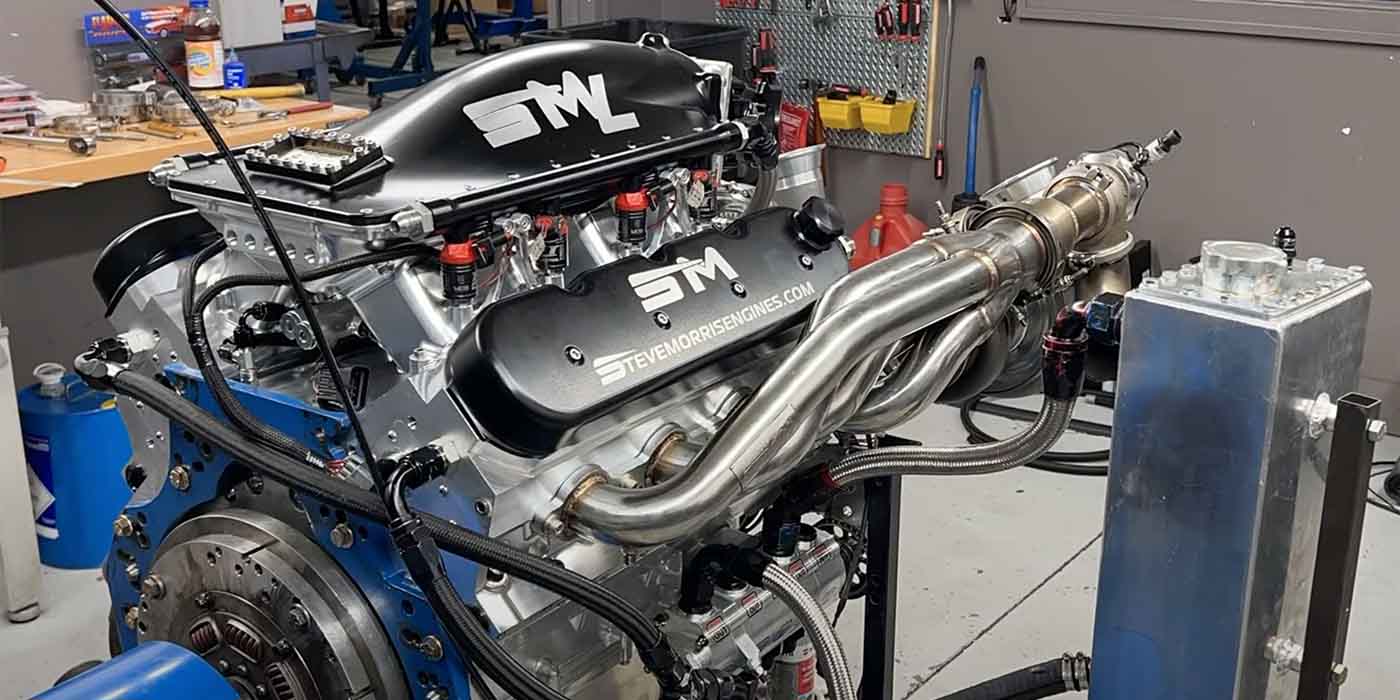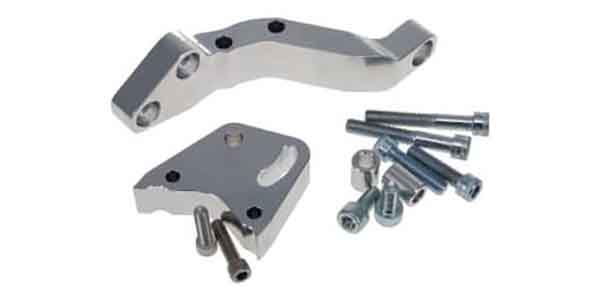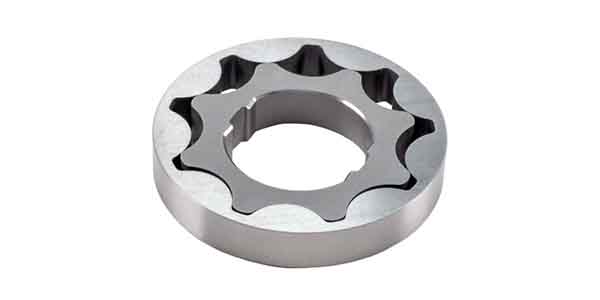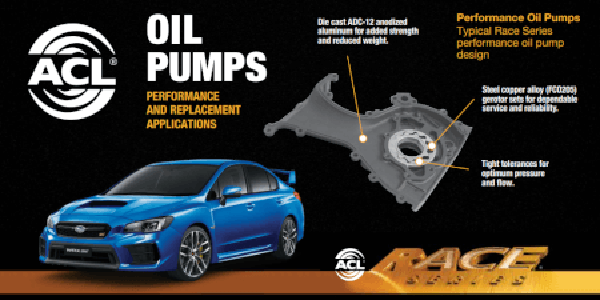With engine oils becoming thinner and thinner, it seemingly isn’t unreasonable to think engine oil may not contain any oil at some point. The trend towards ever thinner engine oils is an effort to reduce fuel consumption and emissions. But, the engine itself must also be designed for such an oil, otherwise, there is a risk of expensive damage.
However, engine oil cannot become arbitrarily thin – at least not if it is based on oil. Oliver Kuhn, deputy head of the oil laboratory at LIQUI MOLY, explains the background with thick or thin oil.
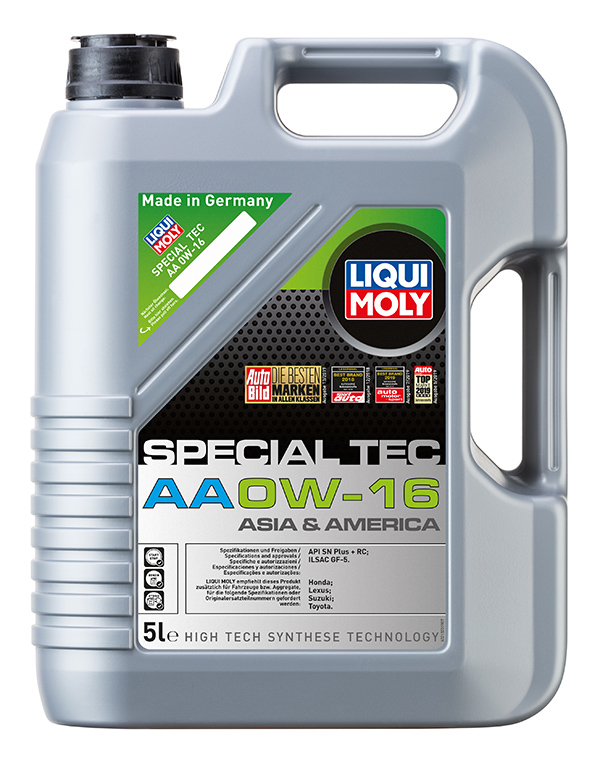
“The viscosity of motor oil is indicated by two numbers, for example 5W-30,” Kuhn says. “The first number with the “w” stands for the low-temperature viscosity, i.e. how fluid the oil is at low temperatures. The second number represents the high-temperature viscosity, i.e. how fluid the oil is at high temperatures. The following applies to both numbers: The higher it is, the more viscous, i.e. thicker the oil. And vice versa: The lower the number is, the thinner the oil.
Again, why engine oil is becoming thinner and thinner is due to car manufacturers and their efforts to further reduce vehicle emissions. The thinner an oil is, the less force the engine needs to apply to pump it. This reduces fuel consumption.
“The effect isn’t huge, but thin oil is one of many adjustments the auto makers make to increase the efficiency of their vehicles,” Kuhn says. “Our task as an oil manufacturer is then to develop motor oils that are thin and still offer the required performance.
“This can only be achieved with state-of-the-art lubricant technology. Motor oils consist of two main components: the base oil and the additive packages. In the past, the base oil was the most important performer in motor oil, but today it is the additive packages. They are not only responsible for the cleaning and corrosion protection with thin-bodied oils, but also for cooling and lubrication. The base oil, i.e. the actual oil, is then hardly more than just a carrier fluid for the additive packages. Almost a third of modern oils consists of additive packages.”
As mentioned earlier, thinner oils can still perform very well, but they need to go into an engine designed for those thin oils. If you add a thin oil to an engine that is not designed for it, the results will be less than desired.
“If an engine is not designed for this purpose, you should definitely not do so,” he warns. “This is because the oil film is simply too thin for the engine. It is not capable of bearing the load and then breaks down. A cracked oil film means significantly increased wear, which can extend to seized bearings. This, in turn, can lead to consequential damage up to major engine failure.”

You may now be wondering about the opposite scenario – too thick of an oil for the engine. Kuhn says this is less of a problem.
“The actual lubrication is less of a problem here, apart from the fact that fuel consumption increases,” he says. “But, to force the thick oil through the small oil passages designed for thin oil, the oil pump has to work more. As a result, it can become overloaded and fail. If that happens, the engine is completely without lubrication.”
To know for sure what oil is right for your vehicle, looking in the manual will give you which oil specification is required. Or use a tool such as the free oil guide at www.liqui-moly.com. Just a few clicks are all you need to get an overview of the right oils.
Now, to address the question posed in the headline of this article – how thin can engine oil get, and what does the makeup of that oil look like? Kuhn says that’s an exciting question.
“The lowest viscosity currently specified for motor oil is 0W-8,” he points out. “This is almost a single-grade oil. In addition to lubrication, the difficulty here is evaporation, because the thinner an oil is, the easier it evaporates. With the 0W-8, this balance can just about be maintained. For even lower viscosities, it would probably require a completely different chemistry, which would then no longer be based on oil.
“In any case, 0W-8 is limited to the Japanese market. Only the Japanese automotive standards organization JASO has published specifications for 0W-8 to date, but so far neither the European car manufacturer association (ACEA) nor the American API have done so. In addition, 0W-8 is only intended for gasoline engines. For diesel engines, 0W-20 is currently the lowest viscosity. This is due to the higher pressure load there.”
Obviously, more than just gasoline and diesel-powered cars and trucks are trending toward thinner oil, so are these scenarios any different for other applications such as motorcycles, commercial vehicles and boats?
“By far the most development work for thin-bodied motor oils takes place in the passenger car sector,” Kuhn says. “Although, there is also a trend towards thinner oils in commercial vehicles, it is much slower. There is a great deal of concern here about trading off fuel savings with increased wear. There is also a trend towards thinner oils for motorcycles, but only up to a point, because in this application, many motor oils also lubricate the transmission and must therefore have special properties.
“As for boats, they generally lack the need for low-temperature viscosity since very few people venture out on the water at 0-degrees F. What’s more, the engine technology there doesn’t change as quickly as with cars.”




